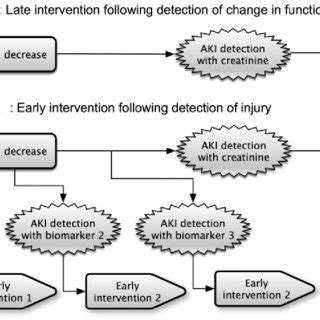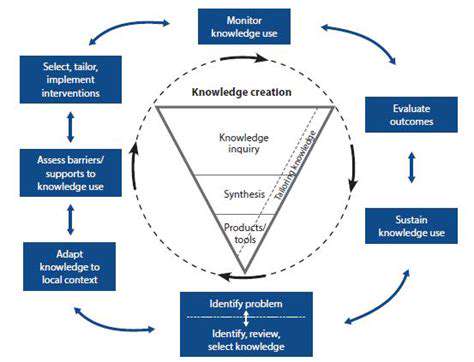مستشعرات حيوية قابلة للارتداء للكشف المبكر عن الصداع النصفي: هل وصلنا إلى هناك؟

التحديات في ترجمة البحوث إلى تطبيقات عملية

جسر الهوة بين النظرية والتطبيق
ترجمة نتائج البحوث إلى تطبيقات عملية ه
Disclaimer: All articles on this site are original, please do not reprint
Read more about مستشعرات حيوية قابلة للارتداء للكشف المبكر عن الصداع النصفي: هل وصلنا إلى هناك؟
إنشاء مجموعة إنقاذ فعالة للصداع النصفي أثناء التنقل
هل آلام رأسي «الجيوب الأنفية» في الواقع صداع نصفي؟ قائمة الأعراض
الصلة بين مرض السلياك والأعراض العصبية مثل الصداع
مرحلة ما بعد الصداع النصفي: إدارة تأثير "الخمول"
إيجاد المعنى والغرض خارج تشخيص الصداع النصفي
تنمية الأمل والتفاؤل في رحلتك مع الصداع النصفي
استخدام التصوير الذهني الموجه لإدارة ألم الصداع النصفي
فهم خيارات التأمين ضد العجز لصداع النصفي المزمن
دور ضغط السائل النخاعي في أنواع معينة من الصداع
كيفية الدفاع عن زيادة الوعي بالصداع النصفي في مجتمعك
دور الجينات في قابلية الإصابة بالصداع النصفي: ما نعرفه الآن
تقييم نقدي للمعلومات الصحية عبر الإنترنت حول الصداع النصفي



